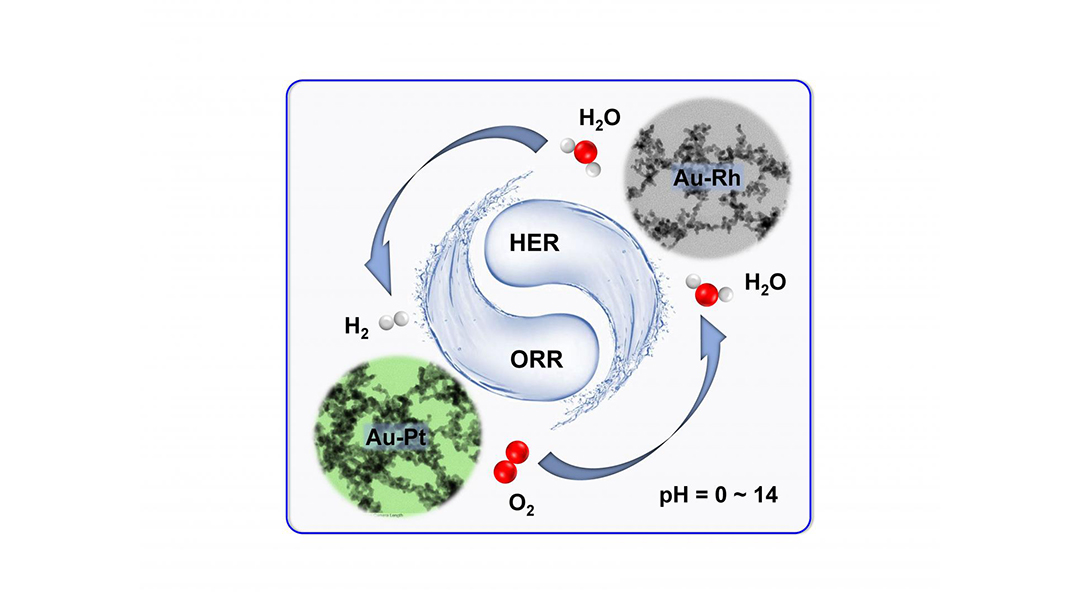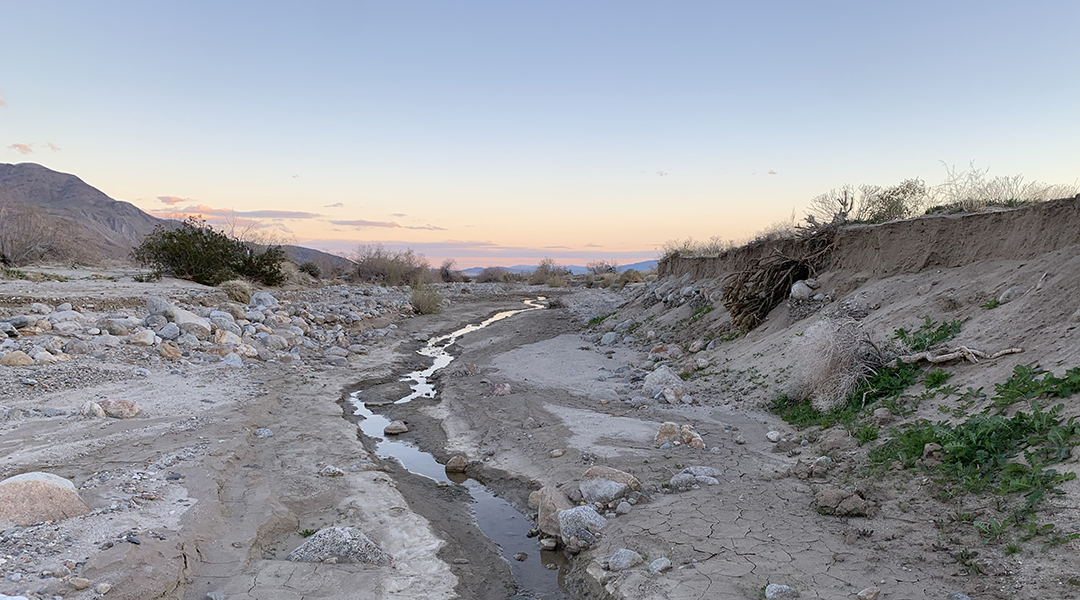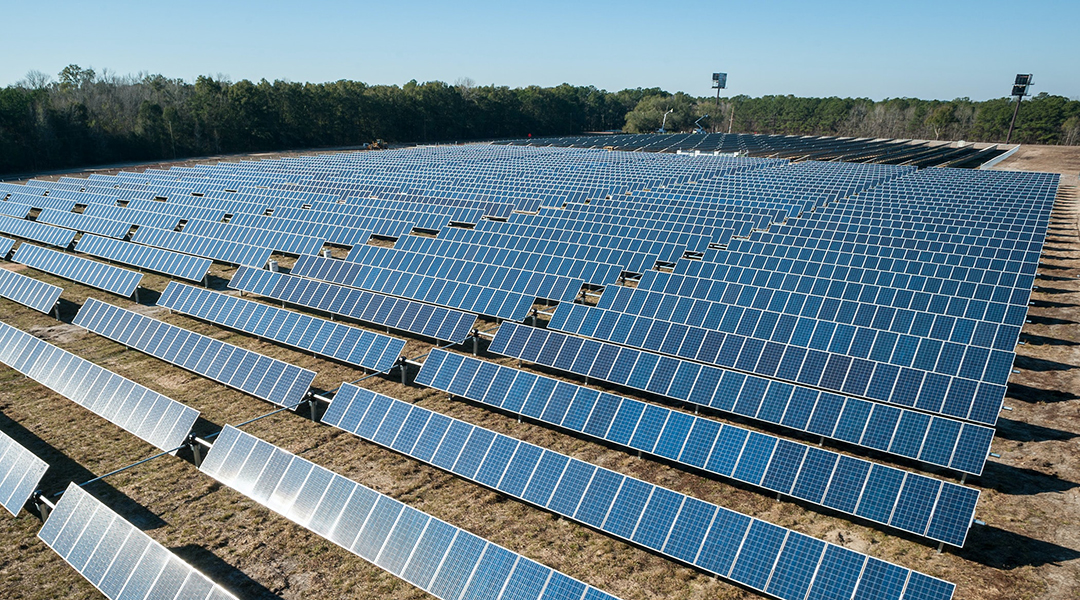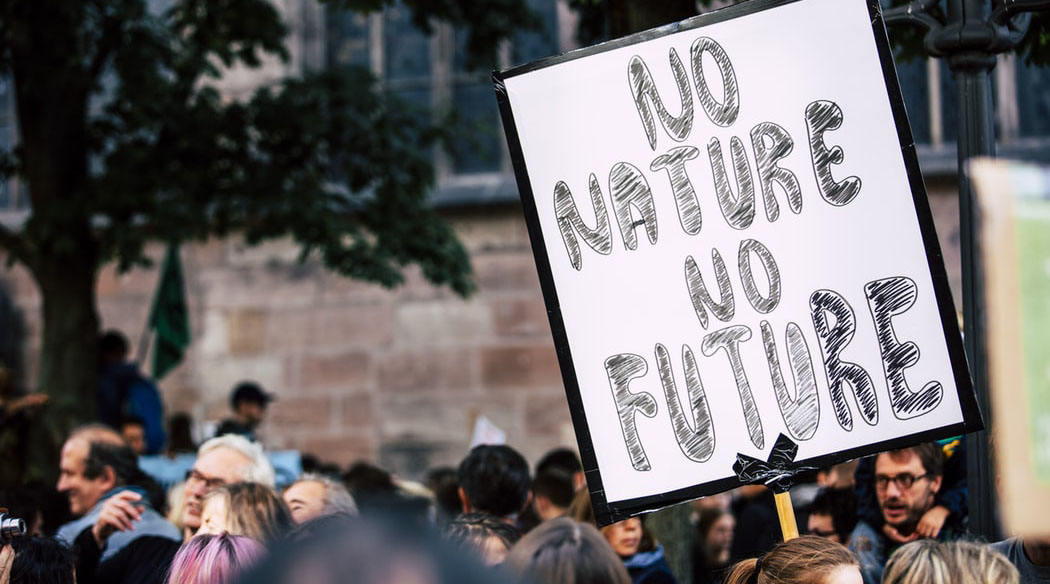This year, April 22, 2020 marks the 50th anniversary of Earth Day, a grassroots idea from the 1970s that became a global movement.


This year, April 22, 2020 marks the 50th anniversary of Earth Day, a grassroots idea from the 1970s that became a global movement.

A Korean research team has succeeded in developing next-generation high-capacity cathode material for lithium-ion batteries using DNA from salmon and carbon nanotubes.

A new salting-agent facilitates the synthesis of new nobel metal aerogels for enhanced electrocatalysts.

An increasing number of streams and rivers that formerly flowed all year are beginning to experience dry periods due to changing climate and water withdrawals for human use.

Demand for chillers to cool spaces like airports and shopping malls is expected to grow dramatically over the next three decades.

University of Groningen scientists have now “watched” how thin films of tin-based perovskite crystals grow to create more efficient and stable tin-based perovskite solar panels.

The radioactive legacy of the arms race solves a mystery about the world’s largest fish.

Photovoltaic-membrane distillation turns waste heat from solar panels into a power source to drive an efficient water distillation process.

Effective climate mitigation policies can be realized with the help of agent-based models.

Magnesium batteries promise to replace the lithium-ion battery, but there remain certain challenges and open questions in this field of research.